DIANE'S CORNER ... Celebrate Loving Day
Frederick Douglass with his second wife Helen Pitts Douglass (sitting)
Loving Day commemorates a date in history when the Supreme Court of America ruled to disband all anti-miscegenation laws in 1967 (laws that made mixed race marriages illegal).
Loving vs Virginia was an important Supreme Court case, but it was also the story of a real couple’s love. Mildred Jeter and Richard Loving grew up in Virginia, USA. They fell in love and decided to get married.
Regrettably, getting married was not that simple in 1958. Mildred was a young black woman and Richard a respectable white male. The law forbade people of different races to marry each other, and this was true in many states – including Virginia. However interracial marriages were legal in Washington, DC at that time. Therefore, they decided to go to DC, get married, and return to Virginia to begin their life together.
This, however, was only a short term solution. The law in Virginia not only forbade interracial marriage ceremonies, but it also forbade interracial couples from getting married elsewhere and then returning to their home state. Not long after their return to Virginia, the newly-married Loving couple were awakened by the police and taken to jail for the crime of having an interracial marriage.
Richard and Mildred went to trial and the judge found them guilty and sentenced them to jail term three years. However, the Judge said that he would suspend the sentence if they agreed to leave Virginia for twenty five years. Given the choice between imprisonment and banishment, they chose banishment, and the Lovings moved to Washington, DC to live out their married life.
Though the Lovings were able to live together legally in Washington, they did not have an easy time; they faced discrimination everywhere. They were facing the emotional hardship with the separation from their families. Life was both difficult and horrible for the Lovings. In extreme anxiety, Mildred sent a letter to Robert F. Kennedy, Attorney General of the United States, explaining their life and difficulties that they were facing as a interracial couple in Washington.
Mildred’s letter was sent on to the offices of the American Civil Liberties Union in New York City. They took interest in the case and helped the Lovings find an attorney for their case. Two lawyers, Bernard S. Cohen and Philip J. Hirschkop, also felt that not only the Lovings, but all Americans were entitled to be married and to live in the state of their choice. Due to the difficulties that they faced they agreed to take on the case for free.
After a long and hard legal battle the Lovings’ case eventually appeared before the United States Supreme Court. The Court decided after hearing the hardship that the Lovings faced and hearing about the many people that were unable to get married the Court voted unanimously in their favor.
Ultimately, after nine years of struggle, the Lovings won the right to live together as husband and wife in their home state of Virginia. In the words of Chief Justice Earl Warren, “Under our Constitution, the freedom to marry, or not marry, a person of another race resides within the individual and cannot be infringed on by the State.”
Not only did the case win them their freedom to love each other, but it also granted the same freedom to every interracial couple in every state in the USA. At the time of the Loving case, sixteen states had laws prohibiting interracial couples to marry.
Loving v. Virginia (1967) made it illegal for any state to enforce those laws which stop interracial marriage. These laws did not only apply to black and white people; in many states restriction on relationships with Asians, Native Americans, Indians, Hispanics, and other ethnic groups were abolished.
thanks for the pics, Jennie

Word of the Day
philippic

A bust of Philip II, a 1st-century Roman copy of a Greek original
MEANING:
noun: A bitter condemnation, usually in a speech.
ETYMOLOGY:
From Greek philippikos, the name given to orator Demosthenes’s speeches urging Athenians to rise up against Philip II of Macedon. Earliest documented use: 1550.
USAGE:
“It was from the front that he sent a letter -- a philippic, really -- home to his wife, Margaret, that is more than a raging description of his feelings.”
Michael Prodger; Old Gods, New Monsters; New Statesman (London, UK); Oct 28-Nov 3, 2016.
Michael Prodger; Old Gods, New Monsters; New Statesman (London, UK); Oct 28-Nov 3, 2016.

Idiom of the Day

Idiom of the Day
Tongue-tied -
Meaning - Difficulty in expressing yourself because of nervousness or embarrassment.
Example - As her prospective in laws came to see her, she was completely tongue tied.
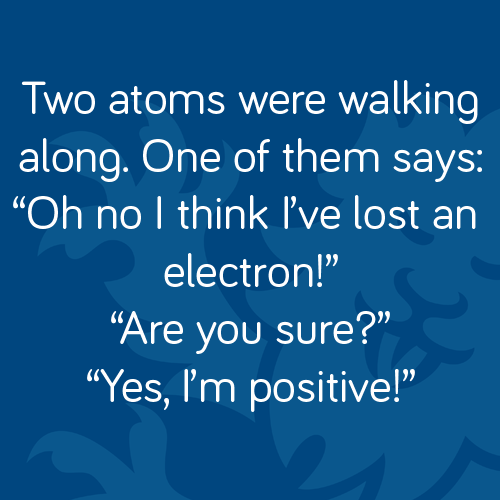
This Day in History

1839 - Abner Doubleday created the game of baseball, according to the legend.
 1897 - Karl Elsener patented his penknife. The object later became known as the Swiss army knife.
1897 - Karl Elsener patented his penknife. The object later became known as the Swiss army knife.
 1923 - Harry Houdini, while suspended upside down 40 feet above the ground, escaped from a strait jacket.
1923 - Harry Houdini, while suspended upside down 40 feet above the ground, escaped from a strait jacket.
 1935 - U.S. Senator Huey Long of Louisiana made the longest speech on Senate record. The speech took 15 1/2 hours and was filled by 150,000 words.
1935 - U.S. Senator Huey Long of Louisiana made the longest speech on Senate record. The speech took 15 1/2 hours and was filled by 150,000 words.
 1939 - The National Baseball Hall of Fame and Museum was dedicated in Cooperstown, New York.
1939 - The National Baseball Hall of Fame and Museum was dedicated in Cooperstown, New York.

1948 - Ben Hogan won his first U.S. Open golf classic.

1963 - "Cleopatra" starring Elizabeth Taylor, Rex Harrison, and Richard Burton premiered at the Rivoli Theatre in New York City.

1971 - Tricia Nixon and Edward F. Cox were married in the White House Rose Garden.

1981 - "Raiders of the Lost Ark" opened in the U.S.

1985 - Wayne "The Great One" Gretsky was named winner of the NHL's Hart Trophy. The award is given to the the league Most Valuable Player.
 1989 - Graceland opened the Elvis Presley Autoland Museum, which contains over 20 cars owned by Presley.
1989 - Graceland opened the Elvis Presley Autoland Museum, which contains over 20 cars owned by Presley.
 2003 - In Arkansas, Terry Wallis spoke for the first time in nearly 19 years. Wallis had been in a coma since July 13, 1984, after being injured in a car accident.
2003 - In Arkansas, Terry Wallis spoke for the first time in nearly 19 years. Wallis had been in a coma since July 13, 1984, after being injured in a car accident.
 2009 - In the U.S., The switch from analog TV transmission to digital was completed.
2009 - In the U.S., The switch from analog TV transmission to digital was completed.
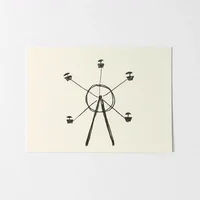
DAILY SQU-EEK
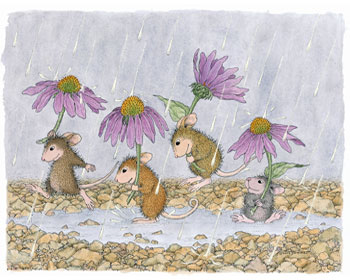
If You Were Born Today, June 12
You are sociable, popular, and insatiably curious. You have writing and/or speaking skills and enjoy expressing yourself. At the same time, others find you an interesting conversationalist. Moodiness and restlessness come when you are not intellectually stimulated or on the move. Even so, it would be wise to slow down from time to time in order to get in touch with your deeper needs and intuition. Famous people born today:
 1924 George H. W. Bush, 41st US President (R, 1989-93) and 43rd US Vice President (R, 1981-89), born in Milton, Massachusetts (D. 2018)
1924 George H. W. Bush, 41st US President (R, 1989-93) and 43rd US Vice President (R, 1981-89), born in Milton, Massachusetts (D. 2018)
 1929 Anne Frank, Dutch Diarist and Jewish victim of the Nazi Holocaust (Diary of Anne Frank), born in Frankfurt, Germany (d. 1945)
1929 Anne Frank, Dutch Diarist and Jewish victim of the Nazi Holocaust (Diary of Anne Frank), born in Frankfurt, Germany (d. 1945)
 1952 Pete Farndon, English musician (The Pretenders), born in Hereford, England (d. 1983)
1952 Pete Farndon, English musician (The Pretenders), born in Hereford, England (d. 1983)
 1962 Jordan Peterson, Canadian psychologist and author (12 Rules for Life), born in Edmonton, Alberta
1962 Jordan Peterson, Canadian psychologist and author (12 Rules for Life), born in Edmonton, Alberta

READERS INFO
1.
(Not So) Totally Useless Fact of The Day:

There's a California city that sits on the Mexican border called "Calexico." Its sister city on the other side is Mexicali.
2.
1839 - Abner Doubleday created the game of baseball, according to the legend.
1948 - Ben Hogan won his first U.S. Open golf classic.
1963 - "Cleopatra" starring Elizabeth Taylor, Rex Harrison, and Richard Burton premiered at the Rivoli Theatre in New York City.
1971 - Tricia Nixon and Edward F. Cox were married in the White House Rose Garden.
1981 - "Raiders of the Lost Ark" opened in the U.S.
1985 - Wayne "The Great One" Gretsky was named winner of the NHL's Hart Trophy. The award is given to the the league Most Valuable Player.

DAILY SQU-EEK






There's a California city that sits on the Mexican border called "Calexico." Its sister city on the other side is Mexicali.
2.
Stripes and Stars Festival 2019
Jun 14, 2019 | Philadelphia, PA
 Philadelphia is a historic American city where many events pivotal to the nation’s birth and development took place. Every year, the city hosts the patriotic Stripes and Stars Festival to celebrate the American flag and the U.S. Army. The event takes place at Independence National Historic Park, home of the famous Liberty Bell, and there is a strong focus on national pride. The event kicks off with a Betsy Ross impersonator raising the original 13-star version of the flag followed by a raising of the 50-star flag, a parade, readings of historic documents, live music, demonstrations from military units and speeches from military leaders.
Philadelphia is a historic American city where many events pivotal to the nation’s birth and development took place. Every year, the city hosts the patriotic Stripes and Stars Festival to celebrate the American flag and the U.S. Army. The event takes place at Independence National Historic Park, home of the famous Liberty Bell, and there is a strong focus on national pride. The event kicks off with a Betsy Ross impersonator raising the original 13-star version of the flag followed by a raising of the 50-star flag, a parade, readings of historic documents, live music, demonstrations from military units and speeches from military leaders.
further information: Philadelphia’s 2019 Stripes and Stars Festival
3.
Union Gap Old Town Days 2019
Jun 15 - 16, 2019 | Union Gap, WA
Fullbright Park|4508 Main St
It’s time to celebrate your old man by taking him back to the 1860s this Father’s Day weekend. Old Town Days feature Washington State’s biggest Civil War Reenactment with full-fledged camps, men dressed in military uniforms and a demonstration of the war’s bloodiest battles. Pops will also enjoy great live music, a colorful parade and plenty of food to keep him fueled during his moment in the spotlight.
further information: Union Gap Old Town Days
4.
White Hall State Historic Site Second Tuesday Teas 2019
through October, 31st | Richmond, KY
White Hall State Historic Site|500 White Hall Shrine Rd

Forget alcohol, tea is the ideal beverage for a classy evening in a historic mansion. Take a tour through the White Hall State Historic Site in Richmond, Kentucky, while sipping on a steaming cup of tea with friends and other fancy guests. Be sure to drink with pinkies up while you learn all about the mansion's rich history during the Victorian era.
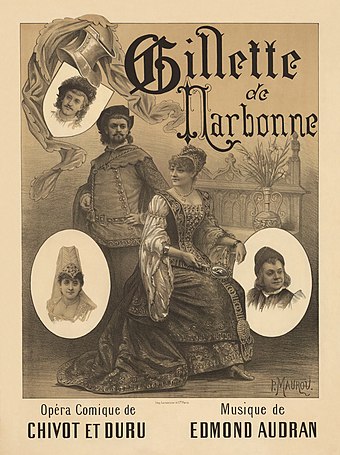
Gillette de Narbonne is a French opéra comique in three acts, with music by Edmond Audran and libretto by Alfred Duru and Henri Chivot. It is based on a fabliau from The Decameron, the same tale on which Shakespeare based his play All's Well That Ends Well, depicting a rejected bride posing as another woman to deceive her husband into consummating their marriage. The authors wrote for a cast largely familiar from their earlier work, including mezzo-soprano Marie Montbazon, tenor Charles Lamy and baritone Louis Morlet. The first performance of the opera took place on 11 November 1882, at the Théâtre des Bouffes-Parisiens in Paris, where it ran for 122 performances, until the following March. Productions followed in London, where the piece failed to run, as well as in Berlin, where it was more successful. This picture is a poster from the original production of Gillette de Narbonne, produced by French printmaker Paul Maurou in 1883. This copy is in the collection of the Bibliothèque nationale de France.
Tony Soprano's Real New Jersey Home is For Sale
Take a trip down memory lane

knit
thanks, Ethel
Book Bag
knit
thanks, Nancy

knit

Coin Purse
knit

Knit Pattern of the Day: Valerie, Canadian Correspondent

crochet
thanks, Ruth
crochet
thanks, Marge
crochet
crochet

Girl Top
crochet

RECIPE
thanks, Shelley

CROCKPOT RECIPE
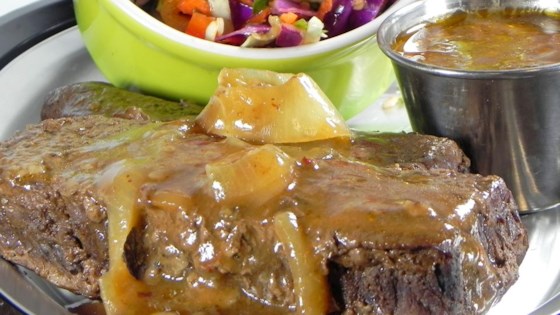

SWEETS, Vintage
thanks, Valerie, Canadian Correspondent


ADULT COLORING
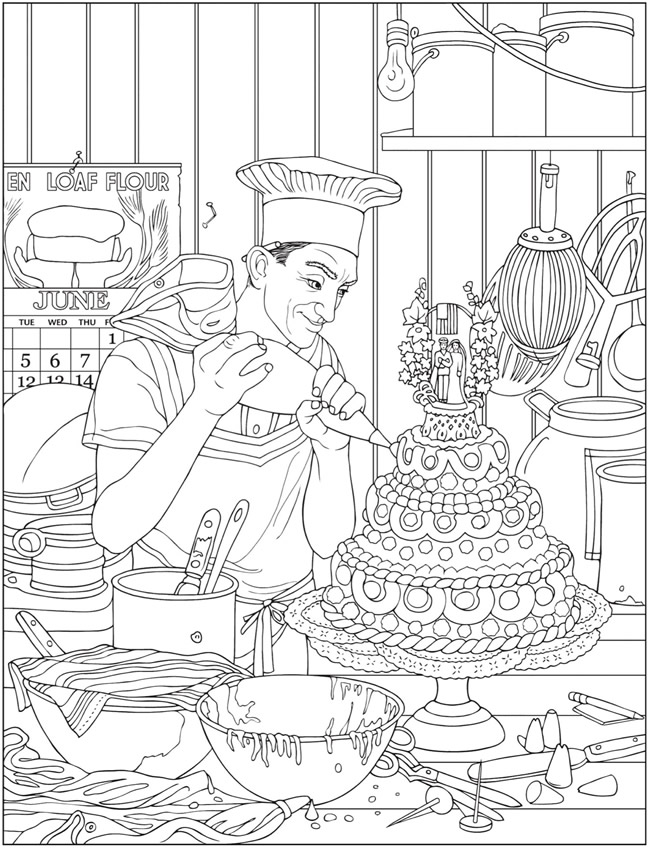

CRAFTS
thanks, Claire


CHILDREN'S CORNER ... Father's Day
thanks, Lana


PUZZLE
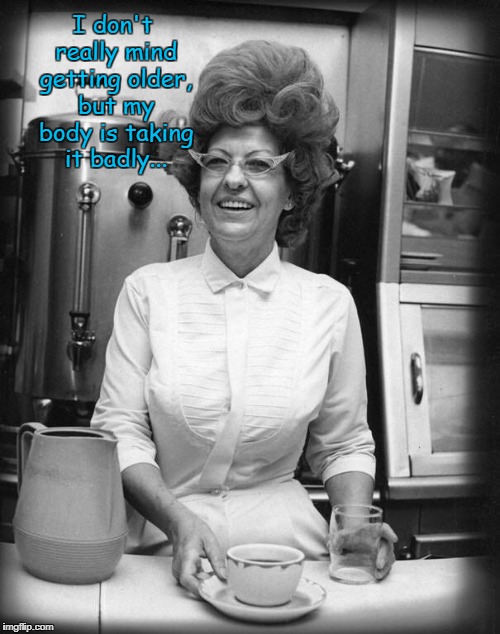
SUDOKU ... hard
solution:

QUOTE
thanks, Ella

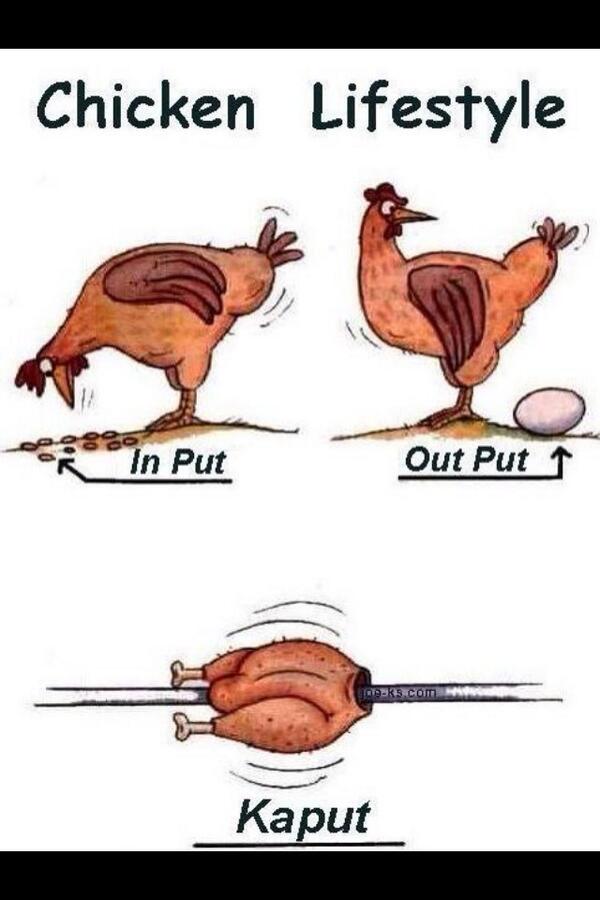

CLEVER
thanks, Sheri
Cooking Spray
Spritz a bit on those squeaky hinges to prevent or eliminate squeaks.
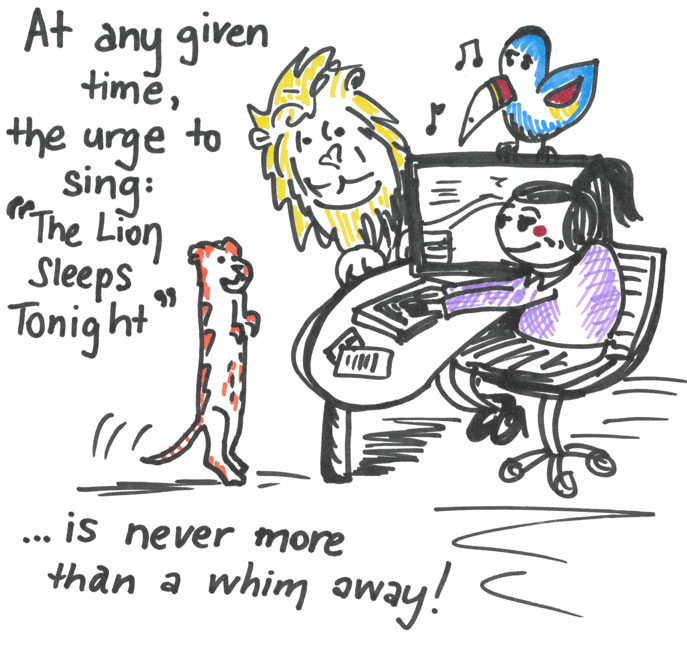
EYE OPENER
The easy way to adapt a recipe for your slow cooker
Take your recipes from the oven to the slow cooker
with ease.
cnet
Slow cookers are the set-it-and-forget-it heroes of the kitchen. If your favorite casseroles, soups and braised meat recipes are designed for the oven or stove-top, you can easily cook them in the slow cooker instead. A simple conversion chart and these tips will get you started.
Converting temperatures and cook time
How long you cook a dish in your slow cooker depends on whether you set it on high or low and the recipe's original cook time. The general rule is the high setting cooks about twice as fast as the low setting.
Converting a recipe to slow cooking works the best with dishes that are cooked at 350 degrees Fahrenheit (177 degrees Celsius) or lower in the oven or those that are cooked on the stove.
Foods that don't do well in the slow cooker are dishes that require sauteing on the stove or need to cook above 350 degrees. Higher temperatures are mostly used to brown items, and slow cookers don't have that capability.
Save this conversion chart to make switching from oven to slow cooker easier.

Aim to fill your slow cooker two-thirds of the way with ingredients. The less volume in your cooker, the faster your dish will cook, so keep that in mind. You may want to use a smaller slow cooker or double the recipe to hit the sweet spot.
Also, remember that different brands of slow cookers tend to cook at slightly different temperatures, so you may need to experiment.
Make adjustments
There are a few rules to remember when cooking in your slow cooker. Liquid amounts are your biggest concern. When converting a recipe for a slow cooker, always add half a cup of water to the bottom of the crock before setting-and-forgetting if the recipe doesn't call for liquid. If the recipe does require liquid, reduce the amount given in the recipe by half.
Here are some more tips:
- Always chop your fruits and veggies into the same shape and size so that they cook evenly.
- Add softer fruits and vegetables -- like peaches, peas, corn, greens, squash, peppers, plums and tomatoes – around the last 30 minutes of the cooking time.
- Add tougher produce -- like carrots, apples, onions, potatoes and fresh green beans -- at the beginning because they take longer to cook.
- Add milk products during the last 30 to 60 minutes of the cooking time to prevent curdling.
- Brown or sear meats on the stove before adding them to the slow cooker. This will give the finished dish more flavor and better texture.
A THOUGHT FOR TODAY:
I keep my ideals, because in spite of everything I still believe that people are really good at heart. -Anne Frank, Holocaust diarist (12 Jun 1929-1945)



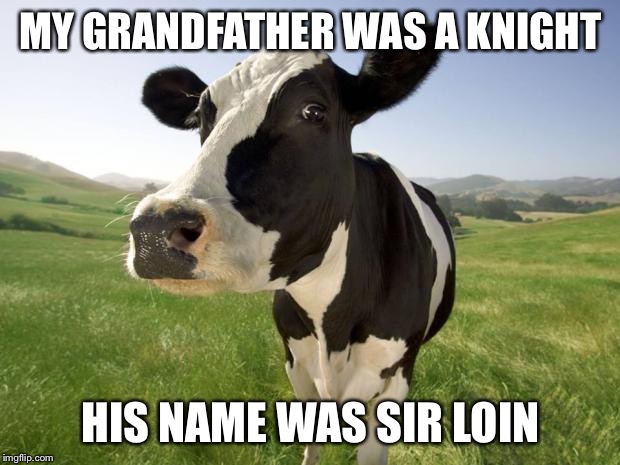
No comments:
Post a Comment